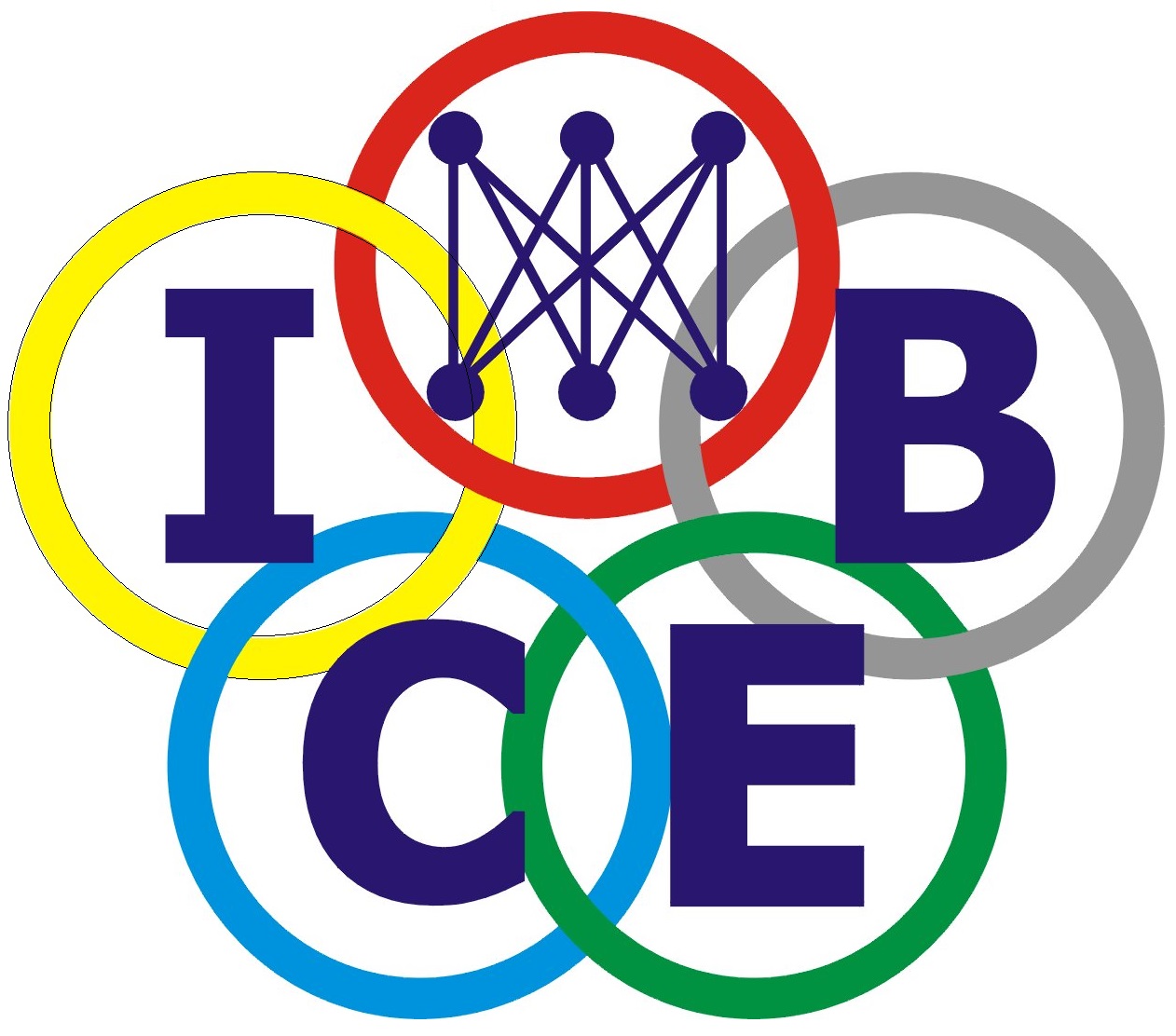Document Type
Article
Abstract
Because of fundamental changes in the competitive environment the amount of resources and knowledge needed in R&D activities has become overwhelming for a single organisation. Thus there is a strong need to perform R&D activities effectively in networks. This study increases the understanding about research and development networks by presenting an empirically grounded process model of formation processes of R&D networks. The model has three main elements; the initial conditions, the network webber and the cycle of subprocesses through which the formation proceeds. The process model highlights the importance of a single actor – the network webber – both in triggering the formation process and in managing the process. Moreover, the model suggests a view of the process that is cyclical – the sub-processes of enabling the network, joining, assuring continuity, formal structuring, learning and developing commitment – do not follow each other in a certain order.
Recommended Citation
Heikkinen, Marko and Tähtinen, Jaana, "The Formation Processes of an R&D network: A case study" (2003). ICEB 2003 Proceedings (Singapore). 132.
https://aisel.aisnet.org/iceb2003/132


